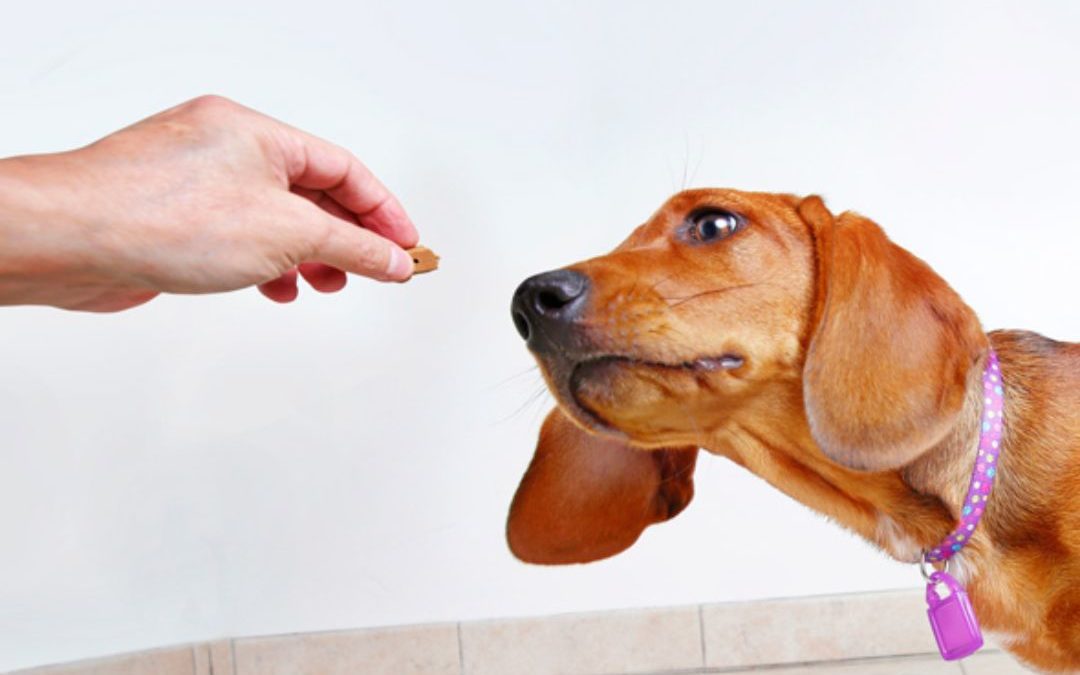What are the secrets behind successfully medicating your pet? They are surprisingly simple. Your pet is counting on you to help them feel better. Make sure you read this to have the information you need to administer any medication to your pet successfully. These are the five secrets to success when medicating your pets.
#1: Talk to your pet’s veterinarian
Speak to your veterinarian if you cannot safely give pills to your pet. An alternative formulation, such as a liquid or injectable form, may be available. Ask our team for a demonstration, tips, and tricks for giving medication.
#2: Change your mental game
Medicating your pet can be stressful for you, causing your pet to respond poorly. Approach the task with a neutral but positive attitude.
- Allow plenty of time — Do not try to medicate your pet when you’re rushed.
- Eliminate threatening and uncomfortable postures — Put small pets on a couch or chair and sit beside them to medicate.
- Try “less is more” — Begin with the lowest level of restraint or handling to prevent your pet from panicking.
#3: Use food rewards to create positive emotions
If it is safe to give your pet’s medication with food, use an irresistible treat to lightly wrap and disguise the pill.
- Ensure your pet has an appetite — Hungry pets are more cooperative.
- Use decoy treats — Make several “blank” treats that are identical to the wrapped pill.
- Test your treat — If your pet chews, try to make the wrapped pill smaller.
- Reward rapidly — Give your pet the pill treat in between two or three regular treats. Celebrate with a walk or play.
#4: Practice safe manual techniques
For some pets and medications, administering the doses manually is the best option. Combine these steps with the tips above and handle your pet gently but firmly:
- Use your non-dominant hand to squeeze your pet’s upper lip against their teeth to open their mouth.
- Lower their bottom jaw with your opposite hand.
- Place the medication over the back of their tongue.
- Close your pet’s mouth and rub their throat or blow gently on their nose to encourage swallowing.
#5: Practice when your pet is healthy
When your pet associates medication and handling only with pain or illness, they will resent these actions. Make handling fun and rewarding for your pet when they’re healthy to ensure future success.
If you need additional help figuring out how to medicate your pet, don’t hesitate to reach out to us.

